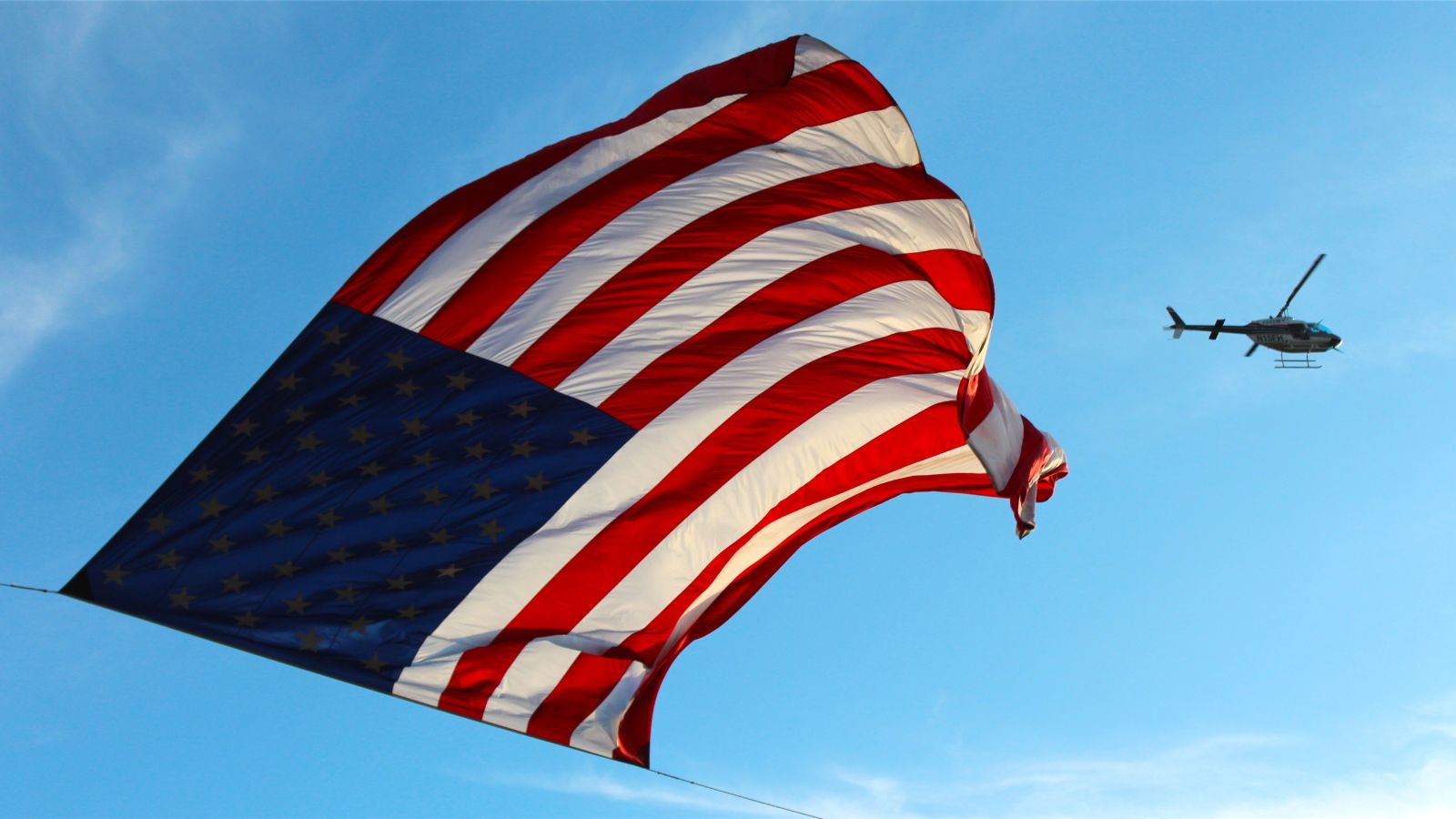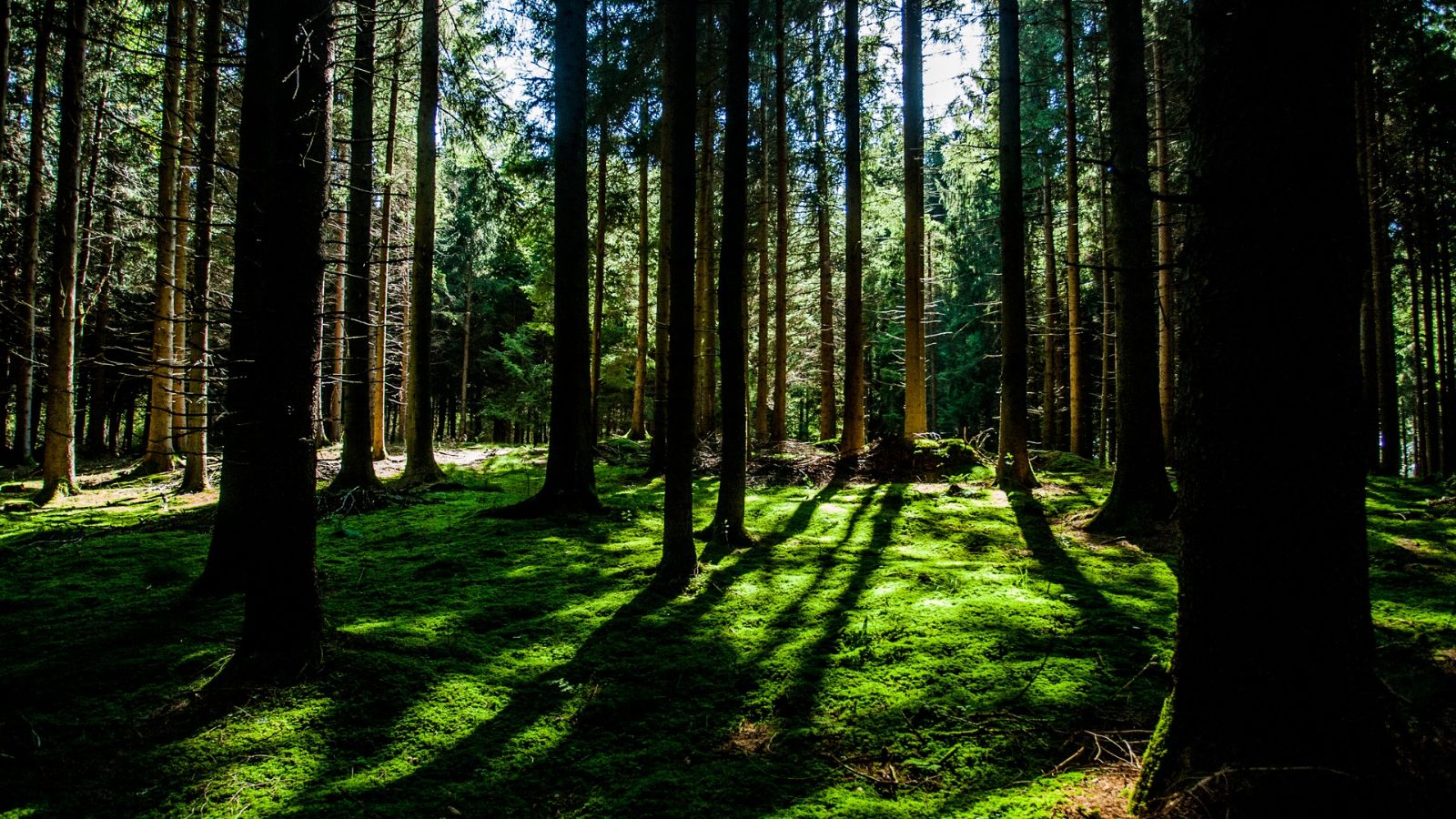Chris Aldrich in response to Alan Levine:
Is it really worth the effort to put a license on anything? Who’s going to steal it? And if they do, god bless them.
The CC-BY license grants the world the right to do essentially anything with a copyrighted work including sale, translation, and modification, without obtaining further permission from the copyright owner, so long as the original author is given attribution. If that's your intention when you put stuff online, then that license makes sense for you. But some of us want a bit more control.
Some people — photographers, artist, etc. — make money creating and licensing content and other want to choose to allow limited use of their content. I don't want my images being modified by anyone. The No Commercial use (NC), No Derivatives (ND) and Share-Alike (SA) licenses are for stating “some rights reserved” so that people don't have a legal right to use my content in a way I did not intend. They don't exist to prevent my creations from being downloaded, modified and sold. I know that.
The CC-BY “some rights reserved” license are legally useful for people who want to allow restricted use of their content and by people who need to remove the legal risk to themselves of being sued for how they use that content. The “some rights reserved” licenses make it clear(er) the terms under which the content may be used. I’ve had to issue DMCA takedown notices for my content that was being sold via a reputable online source. I can't imagine receiving a DMCA notice or being sued because I included an image I found in Google search on my blog. And what if my inadvertent infringement lost me control of my blog?
I can imagine being sued because someone downloaded one of my images, modified it, and did something nasty with it.
From Stanford University Libraries:
As a general rule, it is wise to operate under the assumption that all works are protected by either copyright or trademark law unless conclusive information indicates otherwise. A work is not in the public domain simply because it has been posted on the Internet (a popular fallacy) or because it lacks a copyright notice (another myth). For information on these and other public domain issues, see Chapter 8, “The Public Domain.”
In short, the CC-BY etc. licenses clarify the terms of use of creative work and reduces legal risk.
But the reason for the licenses to be more specific that CC-BY is stated in this paragraph from the Creative Commons website:
Our public licenses are intended for use by those authorized to give the public permission to use material in ways otherwise restricted by copyright and certain other rights. Our licenses are irrevocable. Licensors should read and understand the terms and conditions of the license they choose before applying it. Licensors should also secure all rights necessary before applying our licenses so that the public can reuse the material as expected. Licensors should clearly mark any material not subject to the license. This includes other CC-licensed material, or material used under an exception or limitation to copyright. More considerations for licensors.
Alan Levine (CogDogBlog) writes:
Still, I can understand when someone finds out their work is being used in a way they did not intend, and not getting credit. When your neighbor’s house is robbed, that’s a shame; when it’s your house, it’s a personal violation.
And that, not the risk of financial loss, is why I use a CC BY NC SA with most of the stuff I share on this blog. I said share. I didn't say "give away".
[exif id="19896"]


